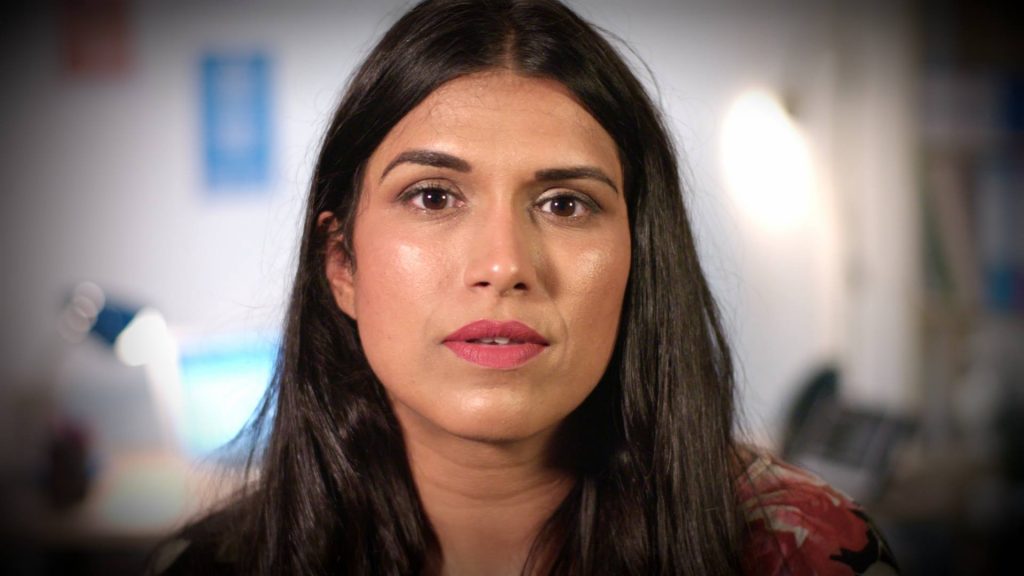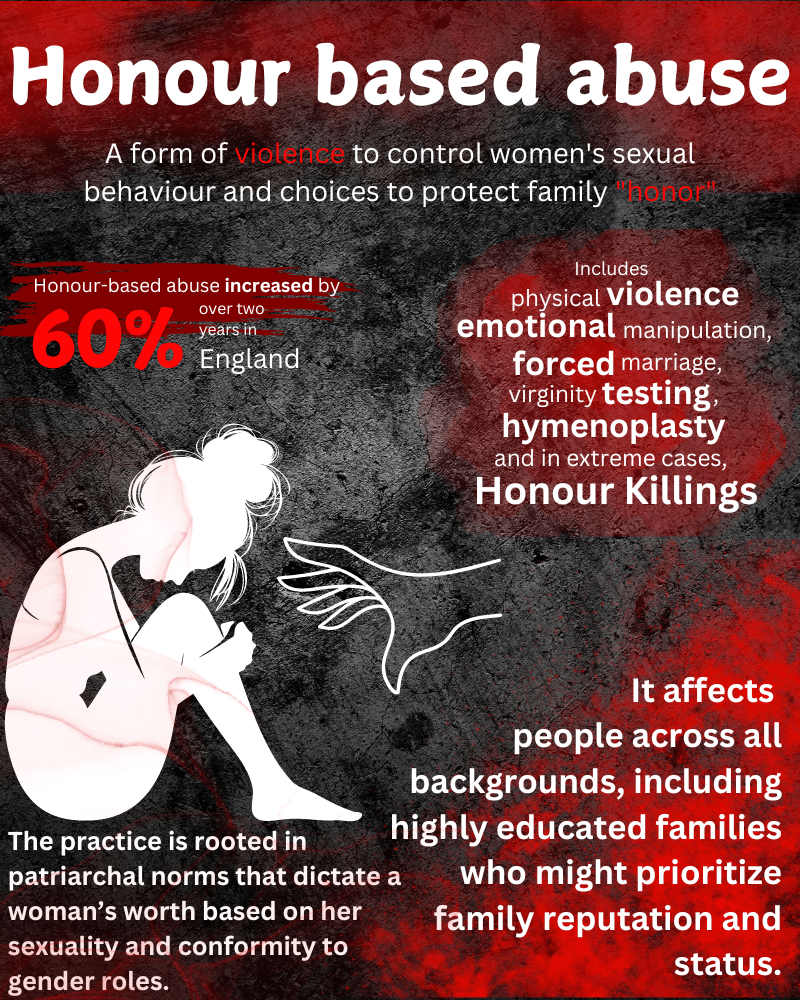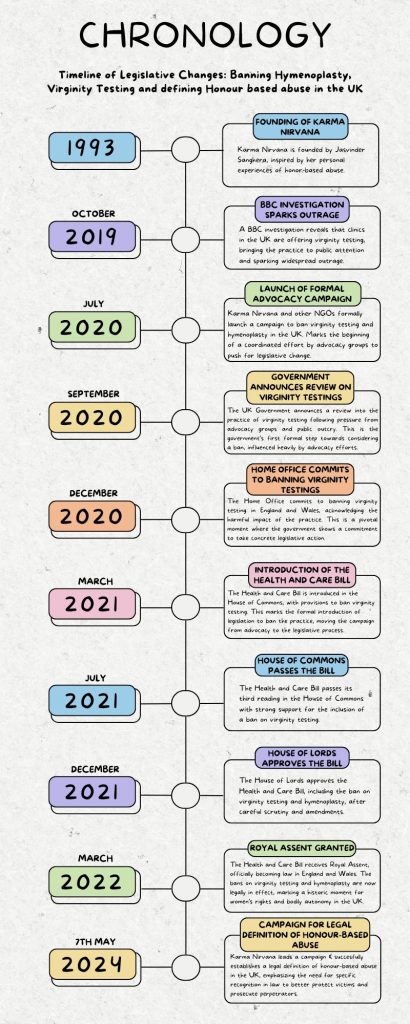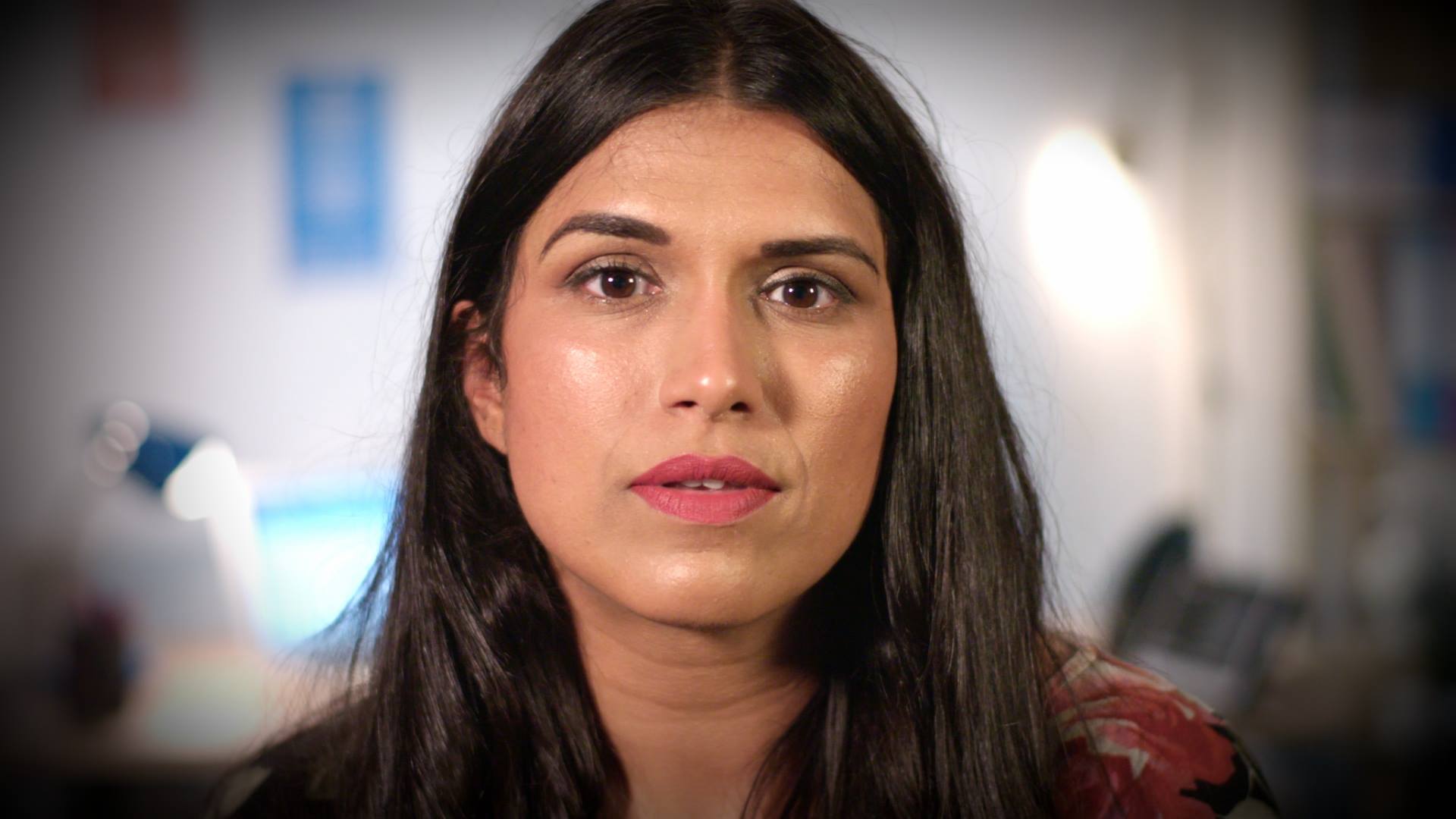Natasha Rattu reveals how women are trapped by culture codes of “honour” and how she continues her fight for justice.
In the United Kingdom, a country often celebrated for its progress in human rights, a deeply rooted form of gender-based violence continues to thrive in the shadows. At the forefront of the battle against this insidious practice stands Natasha Rattu, CEO of Karma Nirvana, a UK-based charity dedicated to supporting victims of honour-based abuse, forced marriage, and other forms of gender-based violence.
Honour based abuse is a complex and often misunderstood phenomenon that affects thousands of women each year. Its a form of domestic abuse motivated by a perceived need to protect or defend the honour of an individual, family or community. It involves physical violence, emotional manipulation, forced marriage, and in extreme cases- murder. What sets honour based abuse apart is its collective nature, often involving multiple perpetrators within a family or community with deep roots in cultural expectations and patriarchal notions of female purity and family reputation.
“Karma Nirvana was set up by my mom 31 years ago now out of her lived experiences,” Rattu reveals. “Growing up and seeing that around me as a young person really inspired me to want to make a difference and to be able to give something back.” This personal insight into the realities of honour-based abuse has been instrumental in shaping Rattu’s approach to advocacy and support for victims.

Rattu’s journey into this challenging field is not merely professional; it is deeply personal. Her approach to combating honour-based abuse is shaped by a unique blend of legal expertise and profound empathy, driven by her family’s own experiences with this form of oppression. This intimate connection to the cause has fuelled her determination to make a lasting impact in the lives of those affected by honour-based abuse.
The gravity of honour-based abuse cannot be overstated. “Honour-based abuse is a set of honour-related expectations placed on a person that they are expected to live their life in these particular ways,” Rattu explains. “And if they don’t live their life according to these expectations, there are consequences to that.” These consequences range from social ostracization and disownment to severe physical violence and, in extreme cases, death.
In the UK, approximately 12 “honour killings” are recorded annually, a figure that Rattu believes significantly underestimates the true scale of the problem. “There are many cases where professionals don’t pick up or understand the nuances around this issue specifically,” she notes, highlighting the hidden nature of this crime.
After completing her law degree and bar finals at Nottingham University, Rattu immersed herself in frontline work with high-risk victims of domestic abuse. This experience provided crucial insights into the complex challenges faced by victims, particularly those compounded by cultural and social expectations. “You get to understand some of the system challenges that people face,” she reflects, “but also those intersectional barriers that some people within our society face—even bigger barriers to getting the help they need.”
One of the most pernicious aspects of honour-based abuse is its ability to masquerade as cultural tradition or familial duty. Contrary to common misconceptions, it is not confined to any particular socioeconomic group or education level. Rattu is quick to dispel this myth: “We have some people who are very educated—parents who are consultants, lawyers, people who you would perceive would or should know better because they are educated.”
This revelation challenges the comfortable assumption that education alone can eradicate deeply ingrained beliefs. “It goes to show that actually these beliefs and values around honour have nothing to do with being educated or not,” Rattu explains. “It’s very… almost tribalistic. It’s so intuitive that this is just the way things are done.”
In fact, the pressure to maintain family honour can be even more intense in educated and affluent families, where status and reputation are meticulously guarded. This added layer of complexity makes it even more challenging for victims to speak out or seek help. As Rattu notes, “It can conceal even more the harm because they don’t want people to know the reality of what’s going on, and it can make it more difficult for the victim to be able to leave that dynamic.”
We need to be shifting the questions that we’re asking.
– Natasha Rattu on victim blaming
A central focus of Rattu’s advocacy is dismantling the culture of victim-blaming that often surrounds honour-based abuse. She observes that discussions about such abuse frequently shift focus from the perpetrators to the victims. “When you say, like, well, why did she stay with him or why did she stay in that family? Why didn’t she leave?” she points out. “Shouldn’t we be saying why did he kill her or why did they have these beliefs and values? Why did they harm her in that way? Like, we need to be shifting the questions that we’re asking.”
This victim-blaming mentality is particularly prevalent in cases involving female sexuality. A stark example of this is the practice of hymenoplasty, a surgical procedure to “restore” virginity. Rattu and Karma Nirvana have fought tirelessly against this practice, contributing to new legislation in the UK that banned both virginity testing and hymenoplasty in 2022.”
“This notion of, like, your worth is linked to your virginity… it’s a man-made ideology just used to control women so that women don’t do particular things because of the societal labels that come with all of that,” Rattu argues, exposing the patriarchal underpinnings of these practices.
This control over women’s bodies and choices is not merely social or psychological; it is often enforced through violence. Women are expected to adhere to certain “honour-related” norms, and transgression can lead to severe consequences. “It’s very much about controlling sexuality for the gratification of men, essentially,” Rattu asserts, laying bare the fundamental inequality at the heart of this issue.

For women who survive honour-based abuse, the path to recovery is fraught with challenges. Unlike victims of other forms of domestic violence who might find support from family or community when leaving an abusive situation, victims of honour-based abuse often find themselves completely isolated. “When we look at how a victim of honour-based abuse may feel in leaving that situation, she may not necessarily have the support of her family or her community,” Rattu explains. “She might be vilified as well by her family community because she should have been a better wife or she was working and she should have been thinking about raising the children.”
This isolation can lead to a destructive cycle of self-doubt and self-blame, making it even more difficult for victims to break free. Women often internalize the societal expectations placed upon them, leading them to question their own actions and motivations. “All of these things make it really difficult for the victim because they almost start to think, is it me? Am I the problem?” Rattu says, highlighting the psychological toll of honour-based abuse.
A crucial aspect of Rattu’s work involves addressing the lack of education and misinformation surrounding female anatomy that perpetuates practices like hymenoplasty. She emphasizes how misconceptions about the hymen and virginity are weaponized to control and shame women. “In school, we don’t really learn about the female anatomy to the extent that we should be learning about it,” she notes, pointing out a significant gap in public health education.
By educating the public and challenging these myths, Rattu and her team at Karma Nirvana are working to dismantle the structures that enable honour-based abuse. She emphasizes that understanding the biological realities of female bodies is crucial to breaking down the control mechanisms that underpin gender inequality. “It shows that this is an inequality issue,” she asserts, “and even in societal terms, women are always vilified if they have had more partners compared to men, who are almost celebrated.”
At its core, the fight against honour-based abuse and practices like hymenoplasty is a fight for gender equality. These practices starkly illustrate how women’s bodies and choices are policed and controlled in the name of family and community honour. Rattu’s work serves as a powerful reminder that gender-based violence is deeply rooted in societal structures and that dismantling these structures requires a multifaceted approach encompassing legal reforms, public education, and cultural change.”
This notion of, like, your worth is linked to your virginity… it’s a man-made ideology just used to control women so that women don’t do particular things because of the societal labels that come with all of that
-Natasha Rattu on patriarchy
“Honour-based abuse is not just a problem of a particular culture or community; it’s a manifestation of gender inequality that affects everyone,” Rattu argues, framing the issue as a universal concern for social justice and human rights.ttu’s relentless advocacy sheds light on a hidden world of suffering and resistance. Her efforts, particularly against hymenoplasty and virginity testing, represent more than just legal victories; they are steps toward a future where women are not judged or valued based on patriarchal notions of honour.
As we reflect on Natasha Rattu’s journey and the vital work of Karma Nirvana, it becomes clear that the fight against honour based abuse is far from over. It’s a battle that requires not just legal changes and policy reforms, but a fundamental shift in how society views women’s autonomy and worth. Natasha’s relentless advocacy sheds light on a hidden world of suffering and resistance. Her efforts, particularly against hymenoplasty and virginity testing, represent more than just legal victories. They are steps toward a future where women are not judged or valued based on patriarchal notions of honour.
Natasha’s message is unequivocal. The time for silence on honour based abuse has passed. It’s time to ask the right questions, hold perpetrators accountable, and work towards a world where every woman can live free from the constraints of outdated honour codes. As we close this chapter of her ongoing story, we’re left with a sense of urgency and a call to action. The fight against honour based abuse is not her fight or Karma Nirvana’s fight. It’s a societal imperative and it’s a fight we must win.

